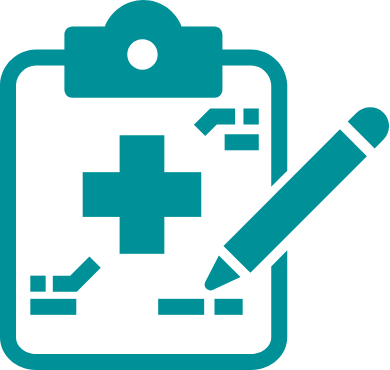This website uses cookies so that we can provide you with the best user experience possible. Cookie information is stored in your browser and performs functions such as recognising you when you return to our website and helping our team to understand which sections of the website you find most interesting and useful.
Strictly Necessary Cookie should be enabled at all times so that we can save your preferences for cookie settings.
If you disable this cookie, we will not be able to save your preferences. This means that every time you visit this website you will need to enable or disable cookies again.
Third Party Cookies
We may use the personal information we collect from you for the following purposes:
• To provide and improve our services
• To personalize your experience on our Website
• To create personalized advertising and promotional content tailored to your interests
• To communicate with you and respond to your inquiries
• To send periodic emails or newsletters regarding our products, services, and promotions
• To analyse and understand how our Website is used
___________
Google Products (including Google Analytics): We use various products from Google, such as Google Analytics and Google Ads, including conversion tracking. Google Analytics is a web analytics service offered by Google that tracks and reports website traffic, helping us understand how visitors engage with our website. Google Ads conversion tracking is used to understand the effectiveness of the advertising provided by Google. Google uses cookies to collect information about your visits, such as the pages you viewed, the website you came from before visiting ours, and some demographic details. For more information on Google's data use, please visit: Google's Privacy & Terms
Please enable Strictly Necessary Cookies first so that we can save your preferences!







